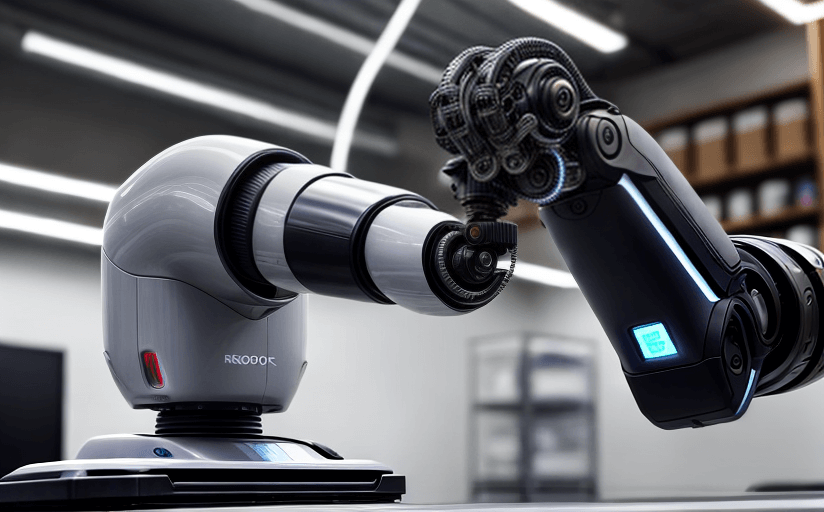Exploring Automation and Technological Advances in Small Businesses
In today’s world, automation and technological advances have had a significant impact on small businesses. Automation has allowed small businesses to streamline operations and processes, such as customer service, marketing, and hiring. It has also allowed them to remain competitive and successful in an increasingly digital market. However, there are both positive and negative impacts associated with automation. In this article, we will explore how automation has affected small businesses, examine the implications of automation for the future of small businesses, and provide strategies for them to remain competitive.
Positive Impacts of Automation on Small Businesses
The introduction of automation and technological advances has had a number of positive impacts on small businesses. Automation has allowed small businesses to increase efficiency and reduce costs. Automation has also allowed small businesses to improve customer service by providing customers with faster and more accurate responses to their inquiries. Additionally, automation has allowed small businesses to better manage their marketing efforts, allowing them to reach a wider audience and generate more leads. Finally, automation has allowed small businesses to streamline their hiring processes, allowing them to quickly and efficiently hire the right people for the job.
Negative Impacts of Automation on Small Businesses
Although there have been some positive impacts of automation on small businesses, there are also some negative impacts associated with it. Automation has led to the displacement of some workers, as some tasks that used to be done manually can now be done more efficiently and cost-effectively by machines. Additionally, automation can lead to a lack of personal interaction between customers and businesses, as customers may now be interacting with automated systems instead of human representatives. Finally, automation can lead to a lack of creativity, as machines are often not capable of thinking outside the box.
Strategies for Small Businesses to Remain Competitive
In order for small businesses to remain competitive in the face of automation and technological advances, they must take a proactive approach. Small businesses should invest in automation technologies that will allow them to streamline their operations and processes. Additionally, small businesses should focus on developing human-centered processes that will encourage customer engagement and foster creativity. Finally, small businesses should take advantage of the opportunities that automation presents by leveraging data and insights to make better decisions and remain competitive.
Conclusion
Automation and technological advances have had a significant impact on small businesses, both positive and negative. Small businesses must take advantage of the opportunities that automation presents and use strategies to remain competitive. By leveraging automation technologies, developing human-centered processes, and taking advantage of data and insights, small businesses can remain competitive and successful in the face of automation.


















Comments
Leave a Comment